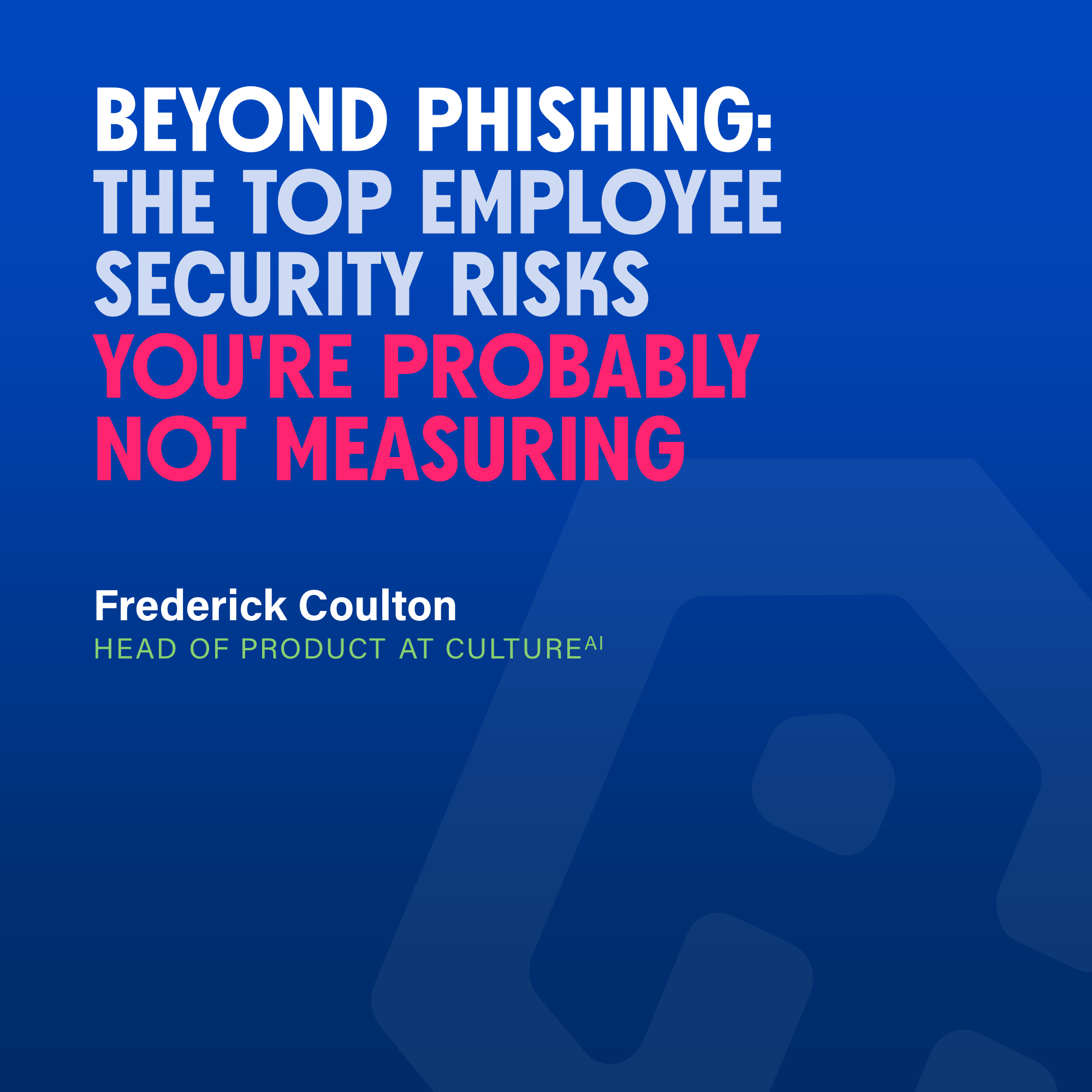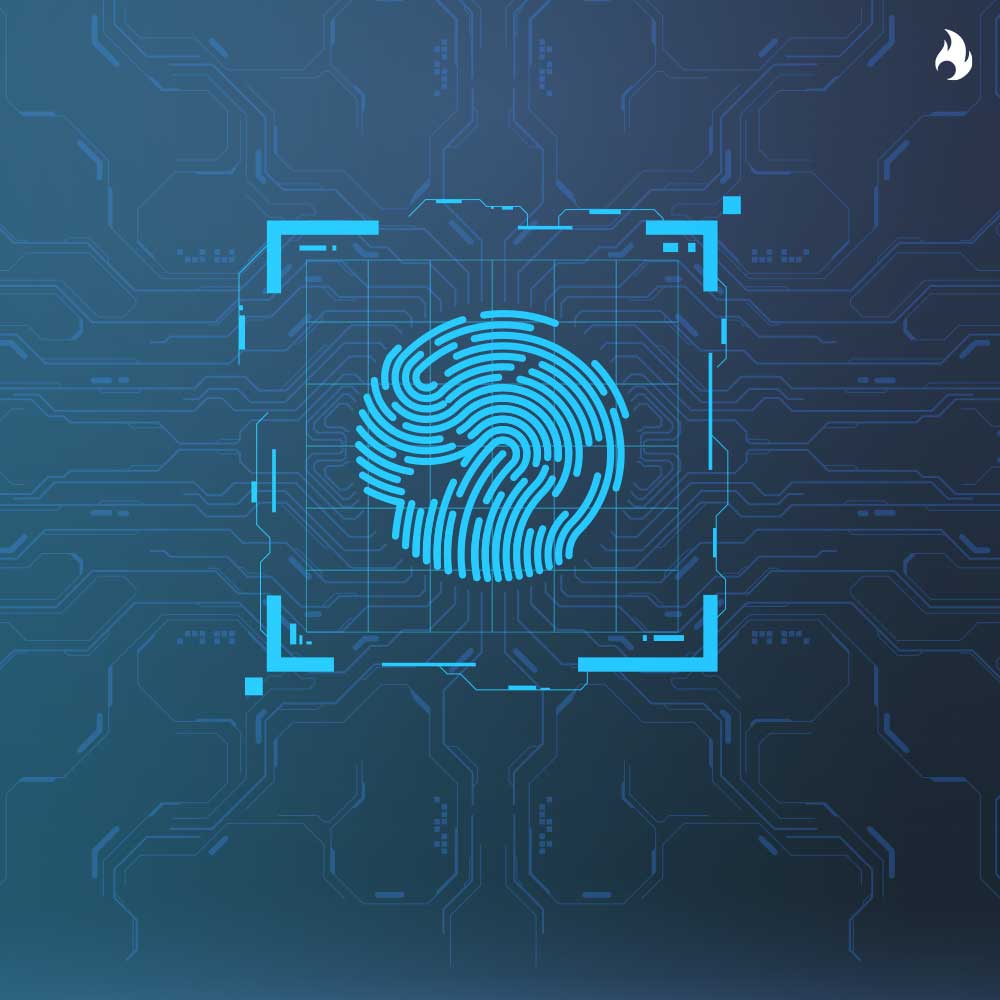In today’s digital age, identity security is more important than ever before. With the increasing reliance on technology and the internet, businesses and individuals alike are vulnerable to identity theft, fraud, and other malicious activities. As a result, identity security has become a growth area for the channel, and it is crucial for companies to understand the importance of this issue and take steps to protect themselves and their customers.
The Importance of Identity Security
Identity security is critical for a number of reasons. First and foremost, it helps to protect businesses and individuals from financial loss. Identity theft and fraud can have a devastating impact on an individual’s credit score and can lead to significant financial losses for businesses. Additionally, identity security is essential for maintaining customer trust and loyalty. When customers know that their personal information is being protected, they are more likely to do business with a company and to recommend it to others.
Another important aspect of identity security is compliance. Many industries are subject to regulations that require companies to protect personal information, such as the General Data Protection Regulation (GDPR) in Europe and the California Consumer Privacy Act (CCPA) in the United States. Failing to comply with these regulations can result in hefty fines and other penalties.
The Threats to Identity Security
There are many different threats to identity security, and they are constantly evolving. Some of the most common include:
- Phishing scams: These scams involve sending fake emails or texts that appear to be from a legitimate source, such as a bank or online retailer. The goal is to trick the recipient into providing personal information or clicking on a link that will install malware on their computer.
- Malware: Malware is a type of software that is designed to harm a computer or steal personal information. This can include viruses, Trojan horses, and ransomware.
- Social engineering: This is a type of psychological manipulation that is used to trick people into revealing personal information. It can include tactics such as pretexting (pretending to be someone else), baiting (offering something of value in exchange for personal information), and scareware (warning of a dire consequence if the victim does not provide personal information).
- Data breaches: Data breaches occur when hackers gain access to a company’s databases and steal personal information. This can happen through a variety of means, such as exploiting vulnerabilities in software or using stolen login credentials.
Protecting Your Identity
Given the importance of identity security and the many threats that exist, it is essential for businesses and individuals to take steps to protect themselves. Some of the most effective ways to do this include:
- Using strong, unique passwords: Passwords are the first line of defence against hackers, and using strong, unique passwords can help to prevent unauthorised access to accounts.
- Keeping software and operating systems up to date: Software and operating systems often have security vulnerabilities that can be exploited by hackers. By keeping these systems up to date, it is possible to close these vulnerabilities and protect against attacks.
- Being wary of phishing scams: As mentioned earlier, phishing scams are a common way for hackers to steal personal information. By being aware of these scams and taking steps to protect against them, it is possible to reduce the risk of falling victim to one.
- Using anti-virus software: Anti-virus software can help to detect and remove malware from a computer, reducing the risk of infection.
- Using a Virtual Private Network (VPN): A VPN can help to encrypt internet communications and protect personal information from being intercepted.
- Educating employees: Many data breaches occur due to human error, such as employees clicking on phishing links or using weak passwords. By educating employees about best practices for identity security, companies can reduce the risk of these types of breaches.
- Implementing multi-factor authentication: Multi-factor authentication (MFA) adds an additional layer of security to login processes by requiring users to provide multiple forms of identification, such as a password and a fingerprint or a password and a one-time code sent to a mobile device. This makes it much more difficult for hackers to gain access to accounts, even if they have stolen a password.
- Conducting regular security audits: Regularly reviewing and auditing security systems and processes can help to identify vulnerabilities and ensure that all necessary measures are in place to protect personal information.
- Being prepared for a data breach: Even with the best security measures in place, it is still possible for a data breach to occur. Being prepared for this eventuality by having a plan in place for responding to a breach can help to minimise the damage and protect the company’s reputation.
The Future of Identity Security
Identity security is an ongoing concern, and it is likely that new threats will continue to emerge in the future. Some of the trends to watch include:
- The rise of biometric authentication: Biometric authentication, such as facial recognition and fingerprints, is becoming increasingly popular as a way to protect personal information. This technology is still evolving and has the potential to become even more secure in the future.
- The use of artificial intelligence (AI) in security: AI can be used to analyse large amounts of data and detect patterns that might indicate a security threat. As the technology improves, it is likely to become an increasingly important tool for protecting personal information.
- The increasing use of cloud computing: Cloud computing allows businesses to store and access data remotely, but it also creates new security challenges. As more companies move to the cloud, it will become increasingly important to ensure that personal information is protected while in transit and at rest.
- The growing concern about IoT security: The Internet of Things (IoT) refers to the growing number of devices that are connected to the internet. As more and more devices become connected, it will become increasingly important to ensure that they are secure, and that personal information is protected.
Identity security is a critical issue for businesses and individuals alike, and it is likely to become even more important in the future. By understanding the importance of identity security and taking steps to protect personal information, companies can reduce the risk of financial loss, maintain customer trust, and comply with regulatory requirements.
Discover more about Identity Security and how Ignition can help at https://www.ignition-technology.com/solutions/ignition-on-identity/
Or get in contact with the team at channel@ignition-technology.com
By Ignition Technology





